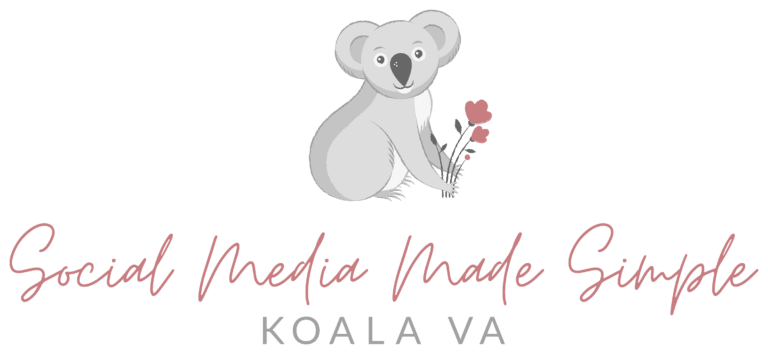We often hear phrases bandied about like “show up authentically” or “be your true self online”. But in the drive for authenticity, many therapists find themselves caught in a bind – should they share their personal stories and experiences to connect with their audience? The line between personal and professional can become blurred, making this a challenging subject.
Today, I want to let you in on a little secret – being authentic doesn’t mean airing your personal laundry on your business social media profiles. In this blog, I’ll be your guide on how to be genuinely ‘you’ on your professional platforms, without having to step over the line of your comfort zone.

Understanding Authenticity – No Personal TMI Required!
Authenticity, in its simplest form, means being genuine and true. It’s about embodying who you are and what you stand for. It doesn’t demand that you lay bare your personal life on the internet for the sake of connecting with your audience.
When you’re using social media as a business tool – particularly as a therapist – the authenticity must serve a dual purpose. It should resonate with who you are professionally, while simultaneously being sensitive and thoughtful towards those reading – your current and potential clients.
So, before you hit the post button, I encourage you to pause and reflect: How does this post serve my audience? What does it convey about me as their therapist?
Finding Your Authentic Voice: Without Oversharing
Right, now that we’ve made some sense of what authenticity on social media truly means, look at how you can be authentically ‘you’ online without the fear of oversharing or revealing too much.
Your Professional Journey: You could talk about your passion for therapy, your reasons for choosing this incredibly fulfilling profession, or what keeps your drive alive in your work. There’s no need to throw in personal anecdotes unless you’re entirely comfortable doing so.
Talk Therapy: Discuss various types of therapy, their benefits, or even debunk common myths using your unique perspective and knowledge. This won’t just display your prowess in your field, but also serve as an informative guide for your audience.
Share Relevant Articles and Research: If certain articles or research pieces have sparked your interest, share them and add your professional thoughts and commentary in a way your audience can easily understand. This shows that you’re not just a participant in your field, but also a well-informed player.
Tips and Advice: Share your pearls of wisdom, handy tips, or simple strategies that could offer immediate support to your followers. It’s like giving a sneak peek of your therapeutic style without revealing any personal details.
Client Testimonials: With your clients’ consent, sharing success stories or testimonials can be powerful. It’s a fantastic way to showcase your positive impact without having to overshare.
Behind-The-Scenes: Give your audience a peek behind the curtain – show them your workspace, how you prepare for a session, or even your favourite morning brew. This can create a personal connection without getting too personal.
Share Select Personal Moments: If you feel comfortable, don’t shy away from sharing snippets of your personal life. This could be hobbies you love, life milestones, your furry pals, or your weekend adventures. These little glimpses into your life can add a warm, human touch to your professional page.
Thoughtful Quotes: Sharing quotes related to mental health or wellbeing that resonate with you, and letting your followers know why they do, can also add an authentic touch.
Remember, these strategies can help you engage your audience with valuable and inspiring content, while remaining true to your professional self. Authenticity on social media isn’t about oversharing; it’s about being consistent, honest, and mindful.
Need help to discover your authentic voice for social media? Book a Power Hour with me.
